Cancer Education and Health Promotion, Patient Support Services, and Finance and Development
2
Donors
$143
Raised so far
$15,000
Fund Raising Goal
Cancer Awareness for Men — Dou Mada Mai Video
Fiji Cancer Society was founded in 1993 and is the national cancer centre in Fiji. The society’s prime role is on advocacy awareness and patient support. It has established 3 main committees to represent the different activities offered by the Society: Cancer Education and Health Promotion, Patient Support Services and Finance and development.
FijiLIFE Foundation is proud to raise $15,000 towards the advocacy around prostate and male breast cancer awareness and patient support through the Fiji Cancer Society’s project: Cancer Awareness For Men.
Male Breast Cancer in Fiji
Globally the incidence of Male Breast Cancer is about 1 per 100,000 populations, with higher rates in North America and Europe and lower rates in Asia. Breast cancer is often thought of as a disease that only affects women. Although breast cancer is more common in women, men can get breast cancer too. In Australia, about one in 700 men will be diagnosed with breast cancer in their lifetime. (National Breast Cancer Foundation)

Male breast tissue
Until puberty (on average around age 9 or 10), young boys and girls have a small amount of breast tissue consisting of a few ducts located under the nipple and areola (area around the nipple). At puberty, a girl’s ovaries make female hormones, causing breast ducts to grow and lobules to form at the ends of ducts. Even after puberty, boys and men normally have low levels of female hormones, and breast tissue doesn’t grow much. Men’s breast tissue has ducts, but only a few if any lobules.
In a study reported in February 2012, Dr Sheetal Singh, Medical Officer and National Acting Epidemiologist, Ministry of Health-Fiji, found a total of 19 cases of male breast cancer (MBC) were diagnosed in Fiji over the past 11 years from January 2000 to December 2010 and therefore averaging 2 new cases of MBC per annum.
The incidence of male breast cancer is ranging from 0.23 to 1.27 per 100,000 of the male population in Fiji. When comparing the occurrence of breast cancer between males and females in Fiji, it was found that the proportion of male breast cancer among all breast cancers ranges between 1 and 7%, which on average is about 2% per year over the past 11 years.
The age distribution of the cases in Fiji range from as young as 40 years to those in the seventh decade at 79 years. Hence, the mean age at the time of diagnosis in our population was at 58 years and a median age of diagnosis of 59 years.
Where breast cancer starts
Breast cancers can start from different parts of the breast. Most breast cancers begin in the ducts that carry milk to the nipple (ductal cancers). Some start in the glands that make breast milk (lobular cancers). Men have these ducts and glands, too, even though they aren’t normally functional. (American Cancer Society)
Symptoms of breast cancer in men
It is important that men speak with their doctor as soon as possible if you notice any new or unusual breast changes.
Symptoms of breast cancer in men are similar to those that women experience. These include:
— A lump in the breast, such as a painless lump close to the nipple.
— A change in the skin colour, texture and appearance of the breast, such as thickening, swelling or dimpling of the skin
— A change in the shape and appearance of the nipple or pectorals (muscles at the front of the chest)
— Discharge from the nipple e.g., blood or clear liquid
— Pain in the breast region
— Swollen lymph nodes (glands) under the arm.
Prostate Cancer Deaths in Fiji
According to the latest WHO data published in 2018 Prostate Cancer Deaths in Fiji reached 49 or 0.84% of total deaths.
The age adjusted Death Rate is 17.79 per 100,000 of population ranks Fiji #79 in the world.
Statistics taken from the Ministry of Health’s 2013 Annual Report show that prostate cancer is the second most common cancer among men in Fiji.
On 3 November, 2021 The Fiji Times reported that Prostate cancer is a silent killer of many Fijian men. Silent, because those afflicted with the disease often keep it to themselves, ashamed of what others may think and afraid of the stigma.
The paper reported that 68-year old Mr Ananaiasa Koroi was diagnosed with the life-threatening disease in 2019 after he was admitted at the Colonial War Memorial Hospital in Suva.
Prostate cancer occurs when abnormal cells develop in the prostate gland. Some of the risk factors include: Family history and age. Chances of developing prostate cancer increases with age. It is recommended that if you are 50 you MUST get screened or if there is family history then screen at 45 years. Diet – eating a diet high in processes foods and fact can increase your risk. Look out and be aware of your body.
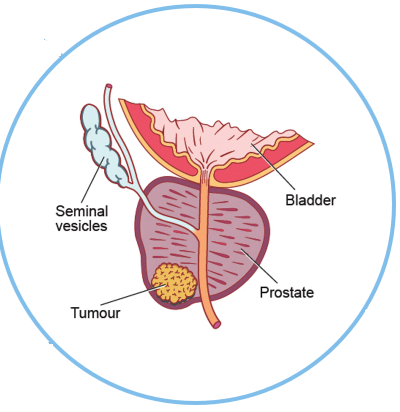

Mr Koroi said, “Living with prostate cancer is an experience that men will wish they never had and I am a living testimony of this.”
“In 2019, I got sick, I went to the Valelevu Health Center and from there I was referred to the CWM Hospital and that was how I got to know that I had prostate cancer.
“Since then I have been on medication and thanks to the Fiji Cancer Society, this is all catered for, they pay for all the prescribed medicines I am required to take to help with my current health condition.
“Having a support system like the Fiji Cancer Society has really helped me because they have been with me for the past two years, they pay for my transport to hospital, medical expenses and even delivered food to my home during the COVID-19 pandemic.”
He said he was also privileged to be invited by the Suva Golden Oldies Rugby Club (see video above) to help raise awareness on prostate cancer this month.
“For those living with prostate cancer, please adhere to the advice from the doctors and take the daily prescribed medicine and at the same time raise more awareness on the need for men to get checked.
“Prostate cancer is a life-threatening disease that we cannot take as a joke.”
Prostate Cancer Symptoms
There are often no early prostate cancer symptoms. Genetics, age and possible diet play a role in its development. Men over the age of 50 are in the high-risk category and should get regular screenings from the doctor.
See your health care provider if you have any of the following symptoms:
— Difficulty initiating or stopping a urine stream
— Frequent urination
— Pain on urination
— Pain on ejaculation
Prevention
There is no evidence that you can prevent prostate cancer. But you may be able to lower your risk with;
— A diet that helps maintain a healthy weight
— Limiting high-fat foods
— Cutting back on red meats, especially processed meats such as sausages, canned meats
— Eating five or more servings of fruits & vegetables each day.
Men who follow the above guidelines may lower your risk of getting prostate cancer.
Please show your support for men in Fiji experiencing breast or prostate cancer. Your gift today can help provide the best possible facilities, equipment and services for the Fiji Cancer Society’s project: Cancer Awareness For Men. All gifts over $2 are tax deductible in Australia. Help create a better future for men with cancer and their families.
Cancer Awareness For Men
The Fiji Cancer Society Cancer Awareness For Men initiative is for advocacy around prostate and male breast cancer awareness and patient support through the Fiji Cancer Society.
— Learn about prostate and breast cancer and treatment options and programs.
— Get in touch with support groups. Whether you have been diagnosed with prostate or breast cancer, or have a family member or friend who is affected by cancer, there are times when you may need support.
— Download resources on prostate cancer. For a booklet on Understanding Prostate Cancer [CLICK HERE]
— Download “Men Get Breast Cancer Too”. < CLICK HERE >
For more information, contact Fiji Cancer Society >>
Fiji Men and their Prostate Experience
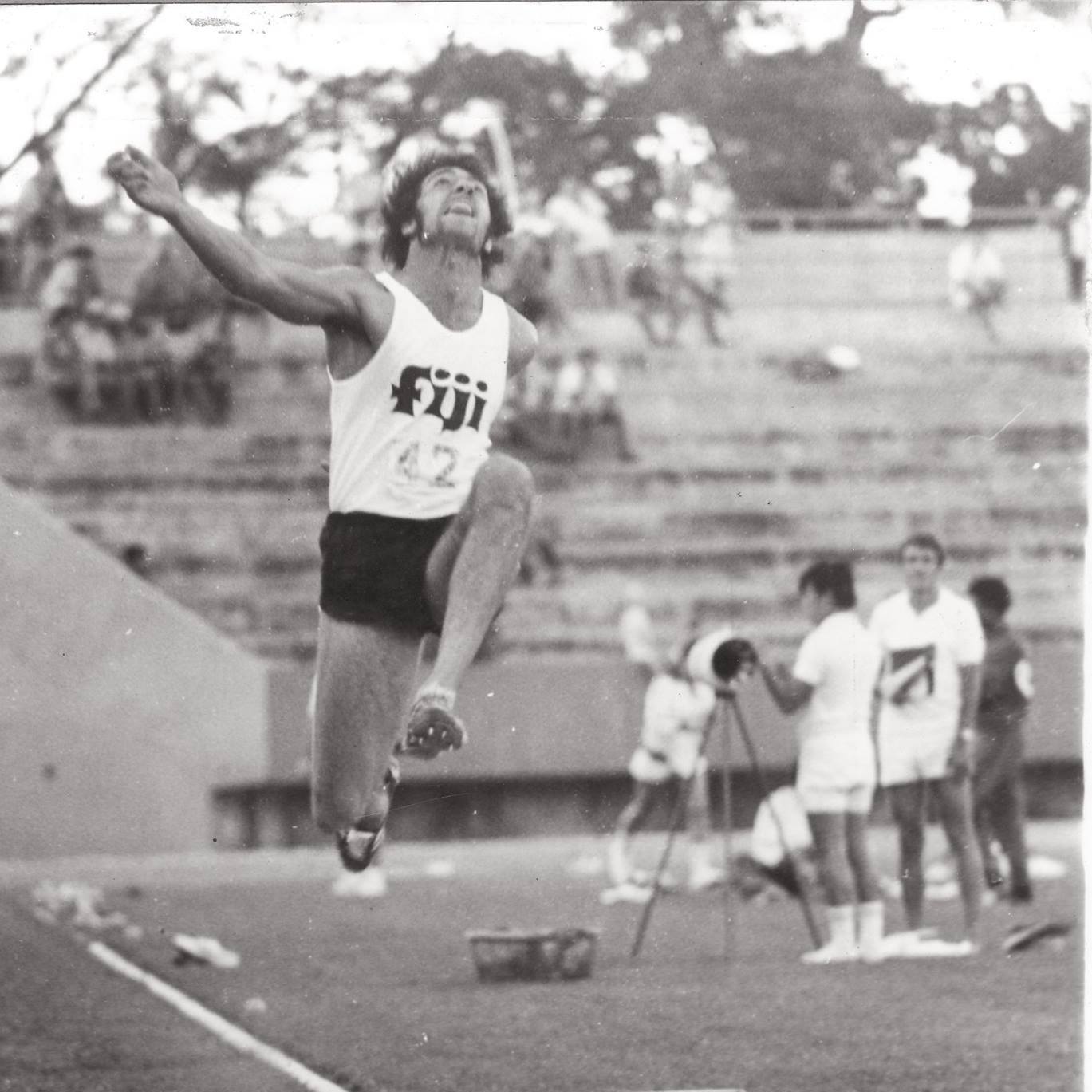
Fiji Olympic Champion Tony Moore
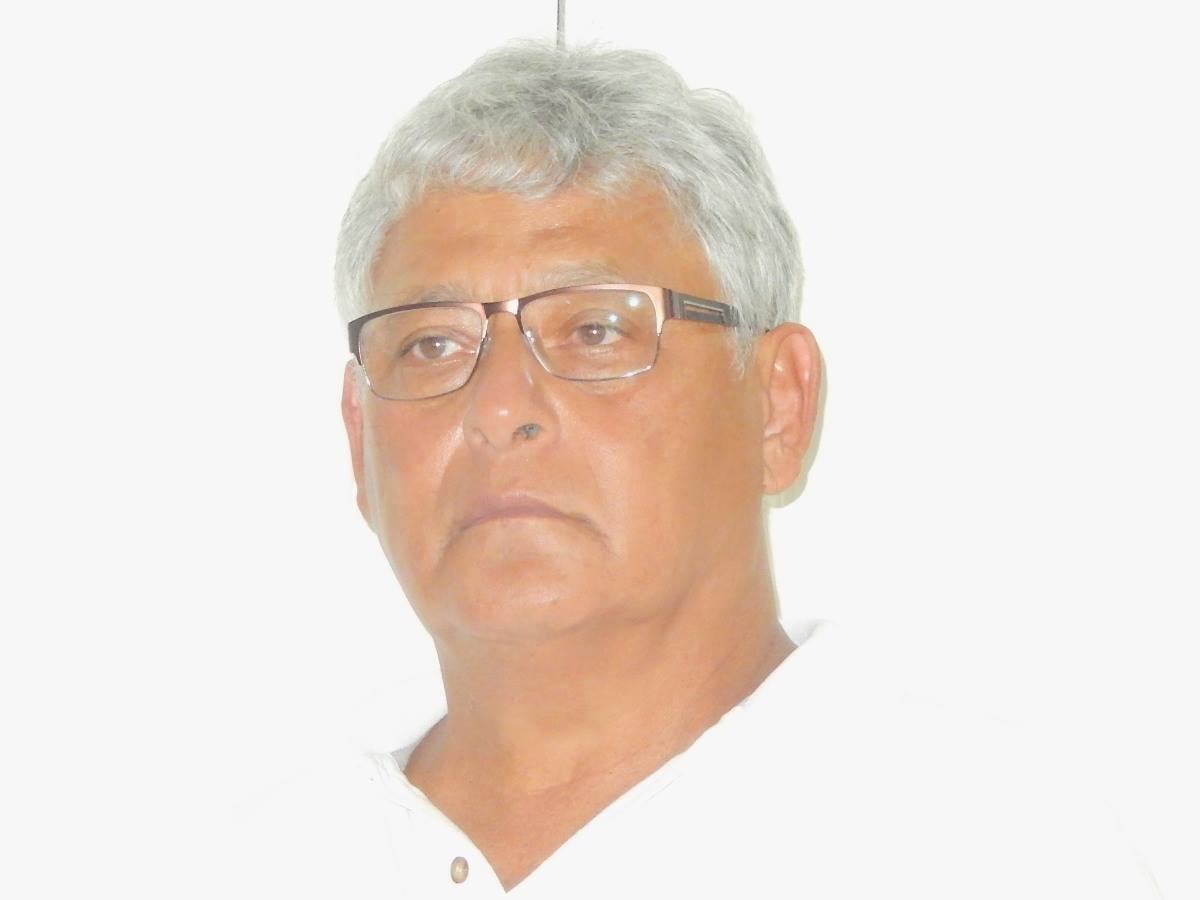
Grammarian Old Boy Alf Simpson
When I turned 40 some 30+ years ago my Doctor in Suva started carrying out annual PSA tests. As Tony points out its just a blood test. I started returning higher than normal readings but based on digital examinations it was thought I just had an enlarged prostate. Only partly correct. Some years later I had a biopsy carried out in Auckland and if there was any cancer it was missed. When I moved to Brisbane in early 2004 my new GP was concerned with the continuing high PSA readings. “Where there is smoke there is likely to be fire” he said. So I was referred for further specialist tests. Long story short in December 2005 I had a full “nerve sparing radical prostatectomy”. 16 years later I’m still cancer free. Guys, I have a pretty big scar to show for it which is a very small price to pay. Technolgy has moved on and now if you need surgery it might only be a keyhole operation. But you have to catch it early before any cancer breaks out from your prostate and enters your body cavity. This all sounds gory and possibly deadly. All you have to do is ask your GP for an annual PSA (blood serum) test. Prostate Cancer is the biggest killer of men. You don’t have to go through what Tony and I and many others have gone through. Please get tested.
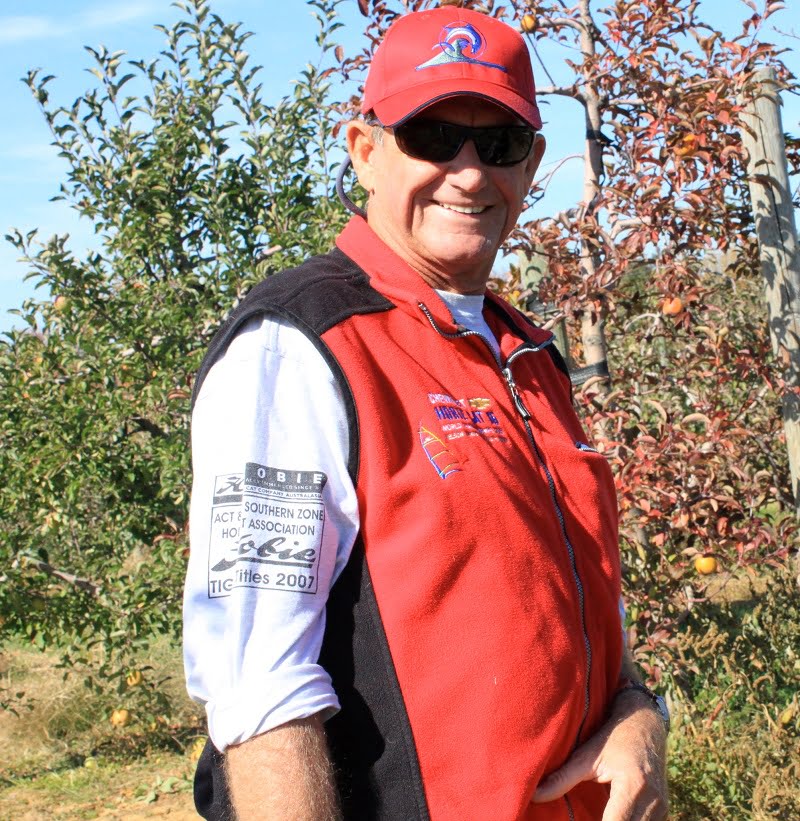
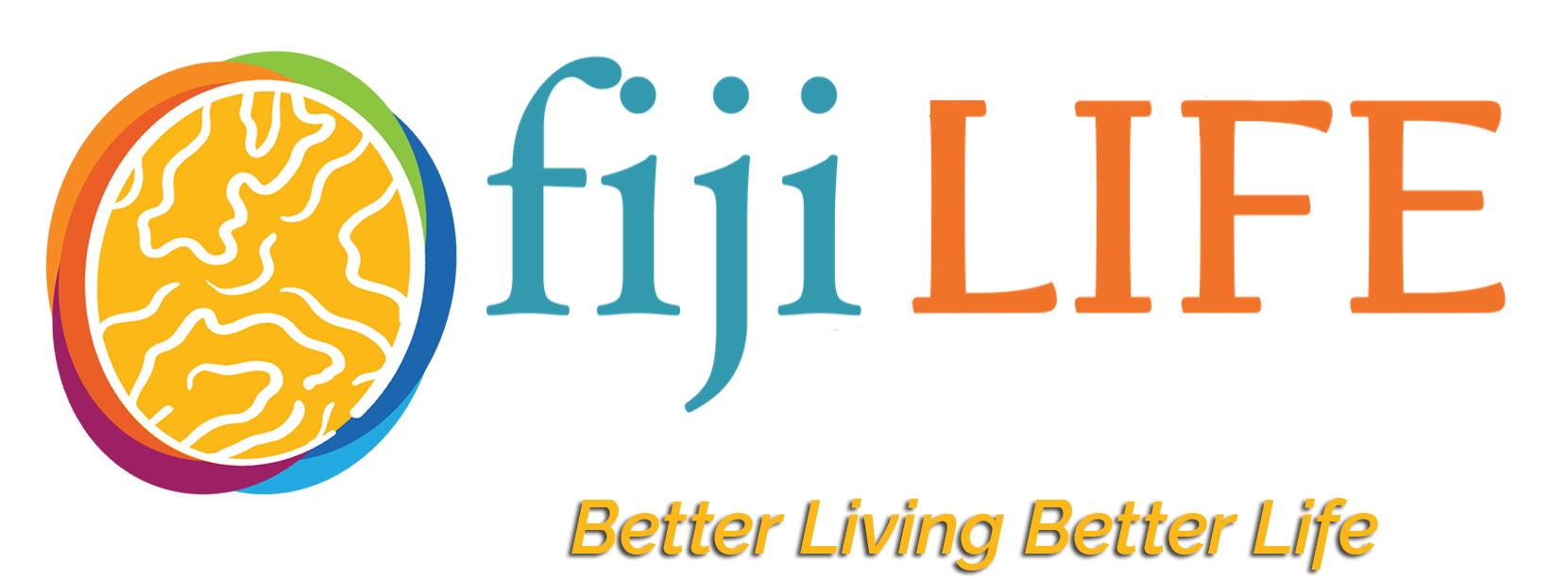
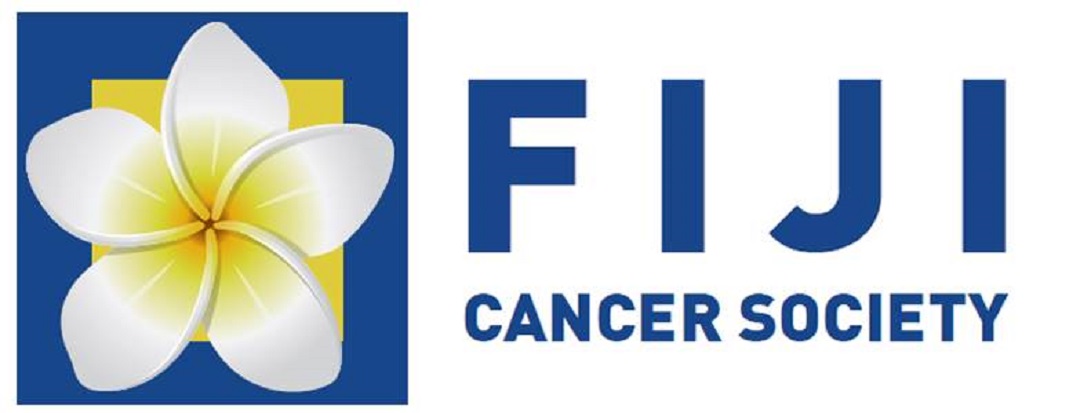
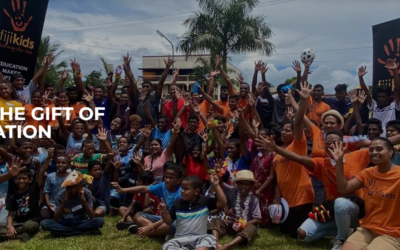
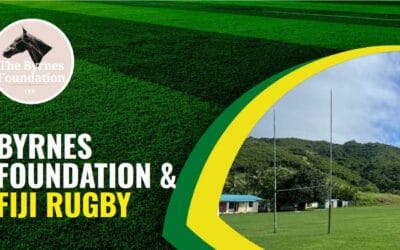
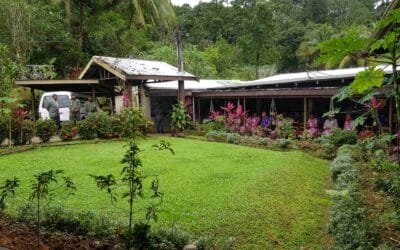
0 Comments